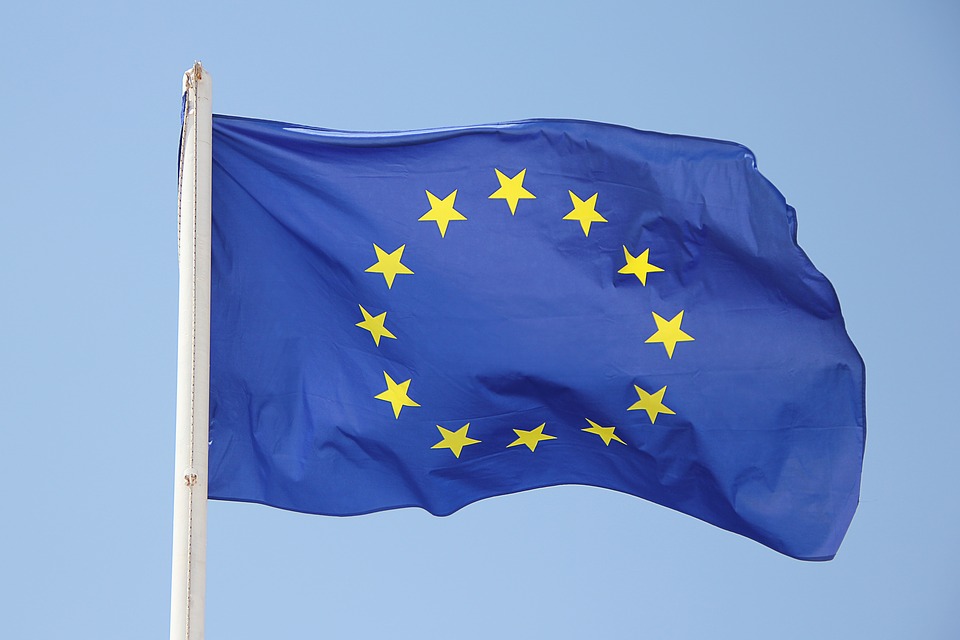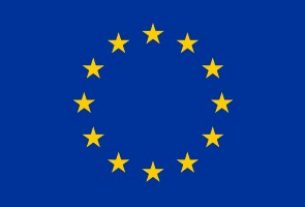As part of the ReArm Europe Plan/Readiness 2030 package presented in March 2025, 12 Member States have officially requested to activate the national escape clause under the Stability and Growth Pact. These countries—Belgium, Denmark, Estonia, Finland, Germany, Greece, Hungary, Latvia, Poland, Portugal, Slovakia, and Slovenia—are seeking additional budgetary flexibility to increase their defence spending in response to Russia’s aggression against Ukraine and its ongoing threat to European security. More requests are expected in the coming months, as several other Member States have expressed interest in activating this clause.
The national escape clause is a provision that allows EU Member States to temporarily deviate from their fiscal obligations under the Stability and Growth Pact, providing them with extra budgetary room to boost investment in defence capabilities. This move is in line with the Commission’s guidelines within the ReArm Europe Plan/Readiness 2030 package.
The urgency of Russia’s war against Ukraine has placed considerable strain on Member States’ public finances, compelling them to rapidly enhance their defence capacities. To support these efforts, the EU has proposed a comprehensive defence package, which includes the activation of the national escape clause. This clause will allow Member States to exceed their prescribed net expenditure paths or corrective actions under the Excessive Deficit Procedure. Such flexibility is granted in exceptional circumstances that have a significant impact on a nation’s public finances, like the current security crisis.
However, this additional budgetary flexibility comes with conditions to ensure long-term fiscal stability. The maximum allowable deviation from the agreed expenditure path will be limited to 1.5% of GDP in additional defence spending each year up to 2028. This restriction ensures that the Member States can increase defence spending while maintaining fiscal responsibility over the medium term.
The Commission is now evaluating the requests submitted by the 12 Member States and is expected to present recommendations to the Council as part of the Spring 2025 European Semester Package. The Council will then have one month to decide whether to approve the activation of the national escape clause for each Member State.
Background
The national escape clause for defence spending, alongside the Security Action for Europe (SAFE) loan, forms the core of the ReArm Europe Plan/Readiness 2030. This ambitious defence initiative is designed to significantly boost investment in the EU’s defence sector. As part of the plan, the Commission will raise up to €150 billion through the SAFE loan, leveraging its unified funding approach. The SAFE loan, combined with the activation of the national escape clause, will provide Member States with the financial resources needed to rapidly scale up their defence capabilities.
While the national escape clause grants additional flexibility, it is important to note that EU fiscal rules remain fully applicable. Any deviations from the endorsed expenditure paths, other than those allowed by the escape clause, will continue to be monitored under Regulation (EU) 2024/1263 for the duration of the activation period. This ensures that the EU maintains fiscal discipline while supporting defence investments.


















